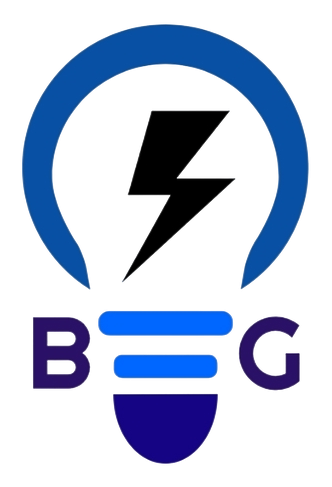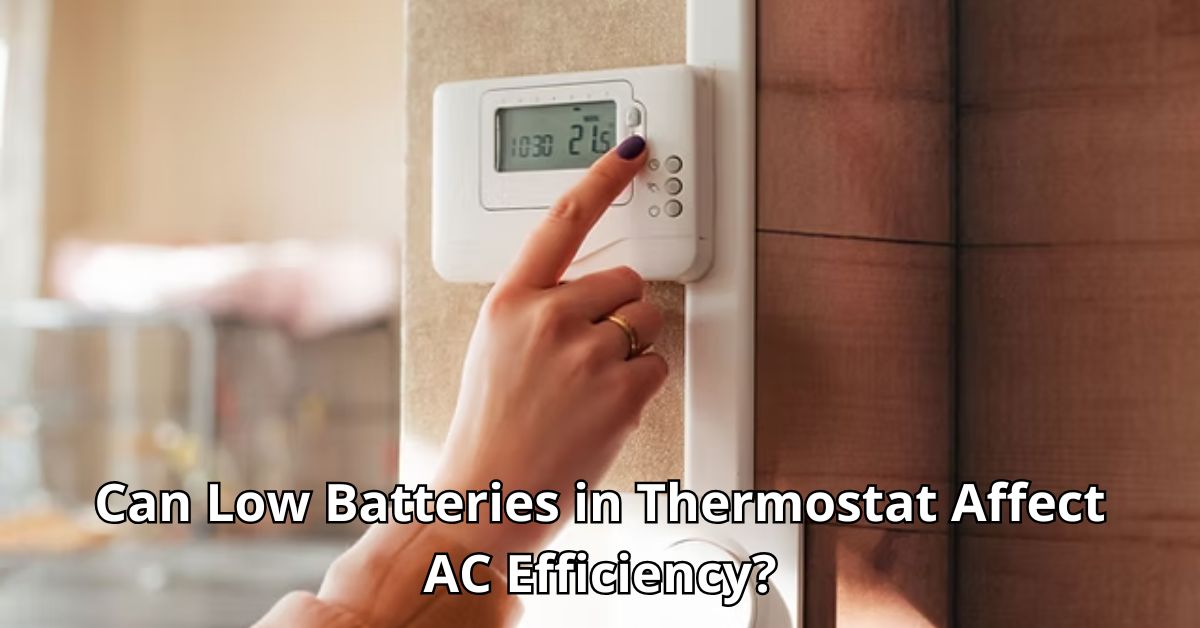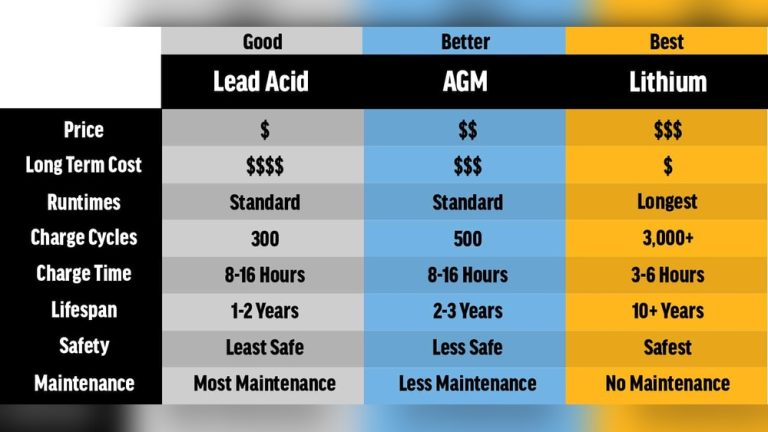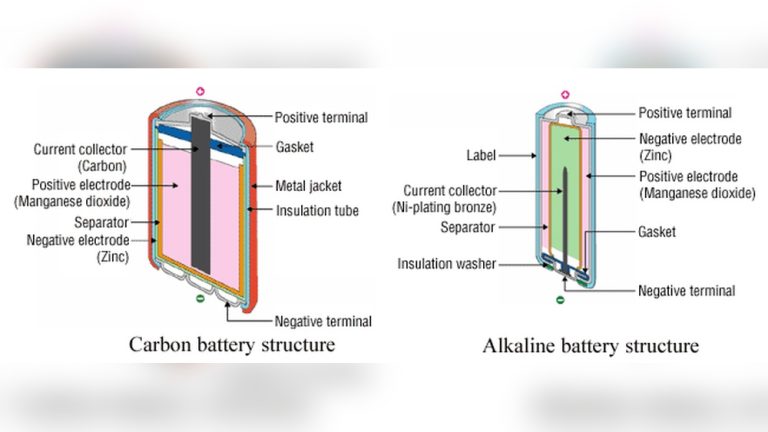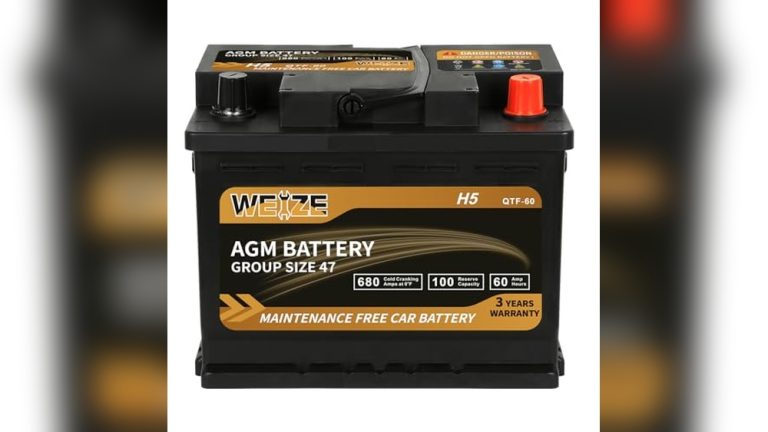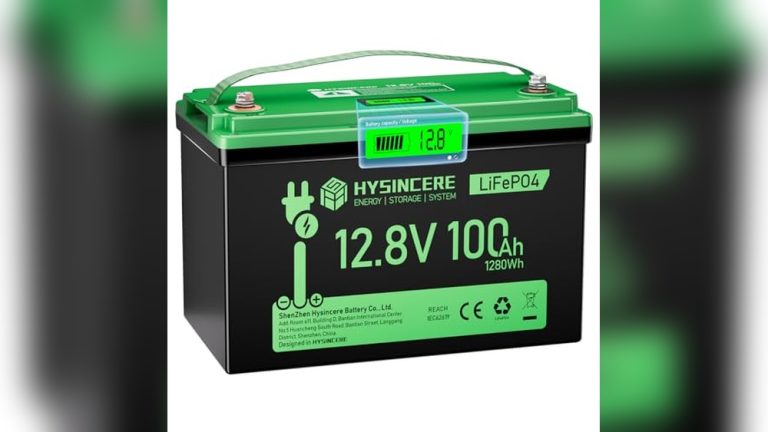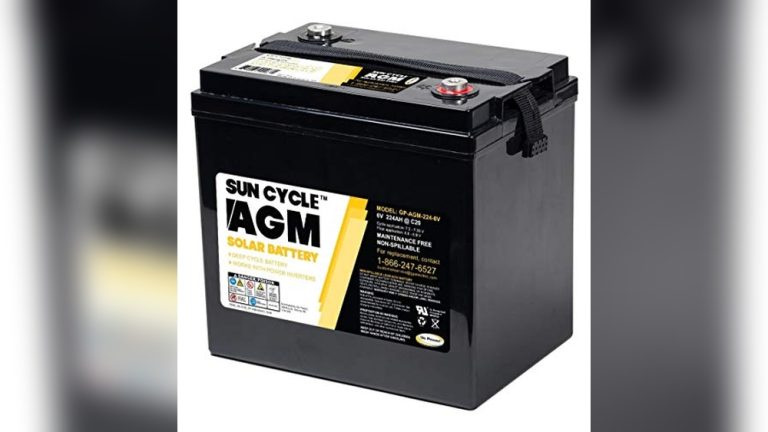Can Low Batteries in Thermostat Affect AC Efficiency?
Yes, low batteries in a thermostat can affect your AC. It can cause the thermostat to malfunction, leading to improper cooling or heating.
A well-functioning thermostat is essential for your air conditioning system. It controls the temperature and ensures comfort. But, what happens when the batteries in your thermostat run low? You might face unexpected issues with your AC. A weak battery can make the thermostat act up, causing the AC to shut down or run inefficiently.
This can lead to discomfort and higher energy bills. Understanding how low batteries can impact your thermostat and AC is crucial. In this post, we’ll explore how low batteries can disrupt your AC’s performance and what you can do to avoid such problems. Stay tuned to keep your AC running smoothly.
Impact Of Low Batteries On Thermostats
Thermostats need a steady power supply to function well. When batteries are low, thermostats can start to misbehave. This can affect the comfort of your home. It can also lead to higher energy bills. Understanding the impact of low batteries is important.
Symptoms Of Low Batteries
Low batteries can cause several issues. The display may become dim or blank. The thermostat might make strange clicking sounds. It may turn on and off at odd times. These are signs that the batteries need replacing.
Thermostat Malfunctions
Low batteries can cause the thermostat to malfunction. It might fail to communicate with the AC unit. This can lead to temperature imbalances. The AC might not turn on when needed. It could also run longer than necessary. This results in wasted energy and discomfort.
Connection Between Thermostat And Ac
The connection between the thermostat and your AC unit plays a crucial role in maintaining a comfortable indoor environment. A thermostat with low batteries can affect your AC’s performance. Understanding this connection helps in troubleshooting and maintaining an efficient cooling system.
Role Of The Thermostat
The thermostat acts as the brain of your HVAC system. It monitors the indoor temperature and sends signals to the AC unit. When the room temperature is higher than the set point, the thermostat activates the AC.
Low batteries can disrupt this process. The thermostat may fail to send signals, leading to an ineffective cooling system. Make sure to check and replace batteries regularly.
Communication With The Ac Unit
The thermostat and AC unit communicate through a series of electrical signals. These signals control the AC’s compressor and fan. When the thermostat batteries are low, signal transmission can become unreliable.
Here are the common issues caused by low thermostat batteries:
- AC fails to turn on
- Inconsistent temperature regulation
- Display errors on the thermostat
Replacing the batteries can resolve these issues. Regular maintenance ensures smooth communication between the thermostat and the AC unit.
How Low Batteries Affect Ac Efficiency
Have you ever wondered if low batteries in your thermostat could impact your air conditioning (AC) system? It might seem like a minor issue, but low batteries can significantly affect your AC’s efficiency. Let’s explore how low batteries can cause temperature regulation issues and increase energy consumption.
Temperature Regulation Issues
A thermostat with low batteries can misread the indoor temperature. This can lead to inaccurate settings on your AC. Your home might feel too warm or too cold. The AC might cycle on and off at the wrong times. This inconsistency makes it hard to maintain a comfortable temperature.
Low batteries can also cause the thermostat to lose its programmed settings. You might find yourself constantly adjusting the temperature manually. This can be frustrating and time-consuming.
Increased Energy Consumption
When your thermostat’s batteries are low, the AC might run longer than needed. This happens because the thermostat is not sending accurate signals. The AC works harder to reach the desired temperature. This leads to higher energy bills.
Running the AC more often puts extra strain on the system. Over time, this can cause wear and tear. You might face costly repairs or even need to replace the AC sooner than expected.
Replacing the batteries in your thermostat is a simple fix. It can save you money and keep your AC running efficiently.
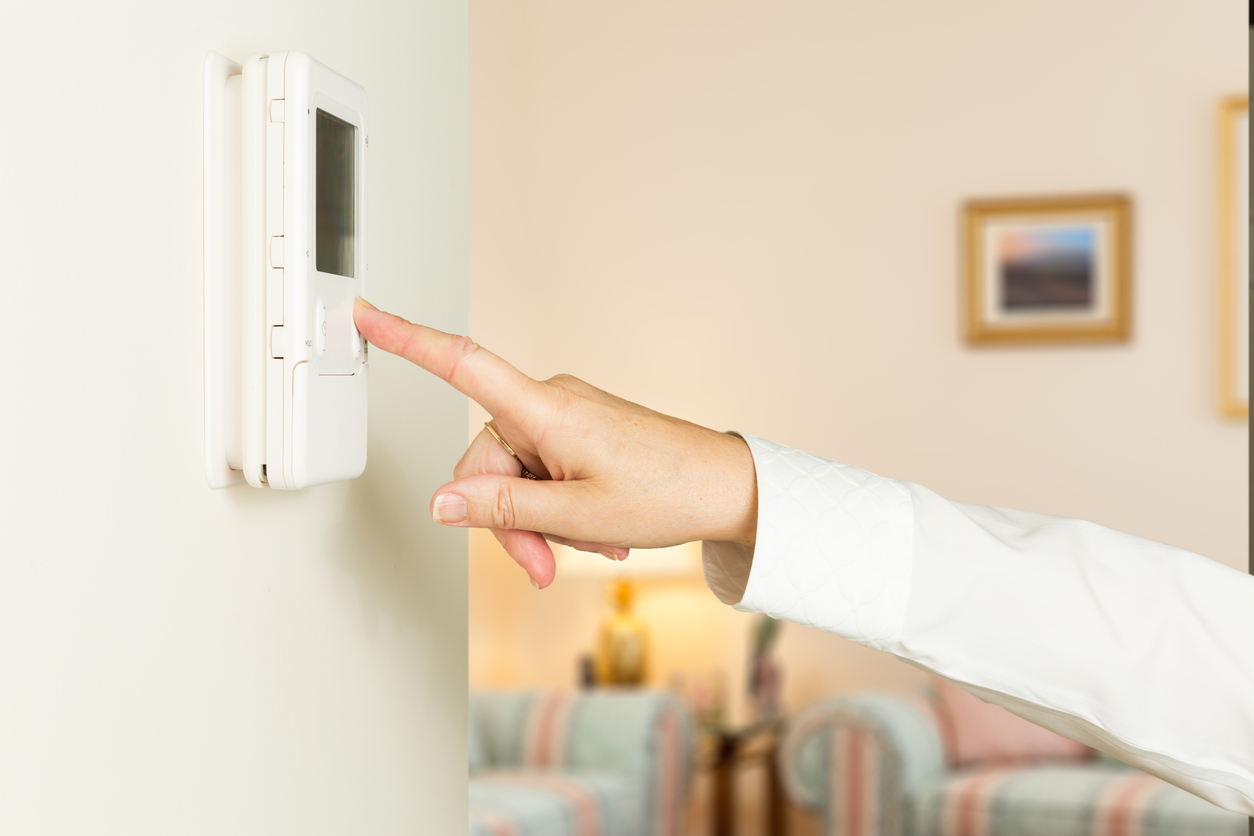
Credit: www.grheat.com
Signs Your Thermostat Batteries Are Low
Low batteries in your thermostat can cause many issues. Recognizing the signs early can help you avoid problems with your AC.
Flickering Display
A flickering display is a common sign of low batteries. The screen may go blank for a moment. This can be frustrating and confusing. It means that the thermostat is not receiving enough power.
When the batteries are low, the display often shows incomplete or dim numbers. You might also notice random symbols appearing. This is because the thermostat is struggling to function properly.
Unresponsive Controls
Unresponsive controls are another sign of low thermostat batteries. You may press buttons, but nothing happens. This can make it difficult to change settings or turn on the AC.
Sometimes, the thermostat may respond very slowly. This delay can be annoying. It also means that your thermostat is not working as it should.
In some cases, the thermostat might reboot itself. This is a clear indication that the batteries need to be replaced. Replacing the batteries can solve these issues quickly.
Here is a table summarizing the common signs of low thermostat batteries:
| Sign | Description |
|---|---|
| Flickering Display | Screen goes blank or shows incomplete numbers. |
| Unresponsive Controls | Buttons do not respond, or response is slow. |
Recognizing these signs can help you maintain your thermostat. Replace the batteries when you notice these issues. This will ensure your AC runs smoothly.
Steps To Replace Thermostat Batteries
Having low batteries in your thermostat can affect your AC’s performance. Replacing the thermostat batteries is a simple process. Here are the steps to replace thermostat batteries effectively.
Identifying Battery Type
The first step is identifying the correct battery type for your thermostat. Most thermostats use AA or AAA batteries. Some models may use button cell batteries. Check the user manual or remove the existing batteries to see the type. Ensure you get the right type to avoid issues.
Proper Replacement Procedure
Follow these steps to replace the thermostat batteries:
- Turn off your HVAC system to ensure safety.
- Remove the thermostat cover. This may require gently pulling or sliding the cover.
- Take out the old batteries. Dispose of them properly.
- Insert the new batteries. Ensure they are in the correct orientation (+/-).
- Replace the thermostat cover. Ensure it is securely attached.
- Turn your HVAC system back on and check the thermostat.
Replacing the batteries is straightforward. Regularly check and replace the batteries to ensure optimal performance of your AC system.
Preventative Maintenance Tips
Maintaining your thermostat is crucial for your AC’s efficiency. Low batteries in your thermostat can affect its performance and, consequently, your AC’s. Regular checks and maintenance can help prevent these issues.
Regular Battery Checks
Check your thermostat batteries at least twice a year. This can prevent unexpected issues.
- Low batteries can cause your thermostat to malfunction.
- Replace batteries every six months.
- Use high-quality batteries for longer life.
Seasonal Maintenance
Conduct seasonal maintenance to ensure your AC runs smoothly. This involves more than just checking the thermostat batteries.
- Spring: Clean or replace air filters. Check for leaks.
- Summer: Ensure outdoor unit is clear of debris.
- Fall: Inspect and clean ductwork.
- Winter: Check thermostat settings and program for efficiency.
Regular maintenance helps your AC run efficiently. It also prolongs its lifespan. Keeping up with these tips can save you money on energy bills and repairs.
Choosing The Right Batteries
Choosing the right batteries for your thermostat is crucial. Using the wrong type can affect your thermostat’s performance. It can also drain faster, causing your AC to malfunction. This section will help you select the best batteries.
Recommended Battery Brands
Not all batteries are created equal. Some brands offer better performance and longer life. Here are some recommended battery brands for thermostats:
- Duracell: Known for longevity and reliability.
- Energizer: Popular for consistent performance.
- Panasonic: Offers a good balance of price and quality.
- Rayovac: Budget-friendly with decent performance.
These brands are trusted by many users. They ensure your thermostat functions smoothly.
Battery Lifespan
Battery lifespan varies depending on the type and brand. On average, batteries in thermostats last about 12 months.
Here’s a table showing the typical lifespan of different battery types:
| Battery Type | Average Lifespan |
|---|---|
| Alkaline | 12 months |
| Lithium | 18-24 months |
| Rechargeable | 6-12 months |
Lithium batteries tend to last the longest. They are a bit more expensive but offer better performance. Alkaline batteries are a good middle-ground. They are affordable and last a decent amount of time. Rechargeable batteries are more eco-friendly but need frequent recharging.
Using high-quality batteries can save you from frequent replacements. It also ensures your thermostat and AC work efficiently.
When To Call A Professional
Low batteries in a thermostat can cause various issues with your AC. Sometimes, these problems need more than just a battery change. This is when you should consider calling a professional. A skilled technician can diagnose and fix the problem accurately. They have the tools and knowledge to handle complex issues that DIY methods might miss.
Persistent Issues
If low batteries keep causing your AC to malfunction, it’s time to call a professional. Frequent issues can indicate deeper problems. A technician can inspect and determine the root cause. They can also check other components that might be affected. A quick fix might not solve the problem for long. Professionals ensure long-term solutions.
Complex Thermostat Systems
Advanced thermostats come with many features and settings. Low batteries might cause these systems to malfunction in unexpected ways. Professionals understand these complex systems. They can recalibrate and reset them if necessary. Trying to fix such thermostats on your own can lead to more damage. It’s safer to rely on expert help for these advanced devices.

Credit: www.aaaservicenetwork.com
Frequently Asked Questions
Can Low Batteries Affect Thermostat Performance?
Yes, low batteries can affect your thermostat’s performance. It might cause display issues or unresponsiveness. Always check and replace batteries regularly to ensure smooth operation.
How Often Should Thermostat Batteries Be Replaced?
It’s recommended to replace thermostat batteries once a year. However, if you notice any performance issues, replace them sooner to avoid disruptions.
What Are Signs Of Low Thermostat Batteries?
Signs of low thermostat batteries include a blank display, intermittent operation, or an unresponsive thermostat. Replacing the batteries usually resolves these issues.
Can Low Batteries Cause Ac To Stop Working?
Yes, low batteries can cause the thermostat to malfunction, leading to your AC not working properly. Ensure batteries are always sufficiently charged.
Conclusion
Low batteries in your thermostat can impact your AC’s performance. It’s important to check and replace them regularly. An efficient thermostat ensures your home stays comfortable. Neglecting battery changes can lead to higher energy bills. Simple maintenance can prevent bigger issues.
Keep your thermostat in good shape to enjoy a cool home. Regular checks save money and trouble. Stay proactive with your thermostat care.
